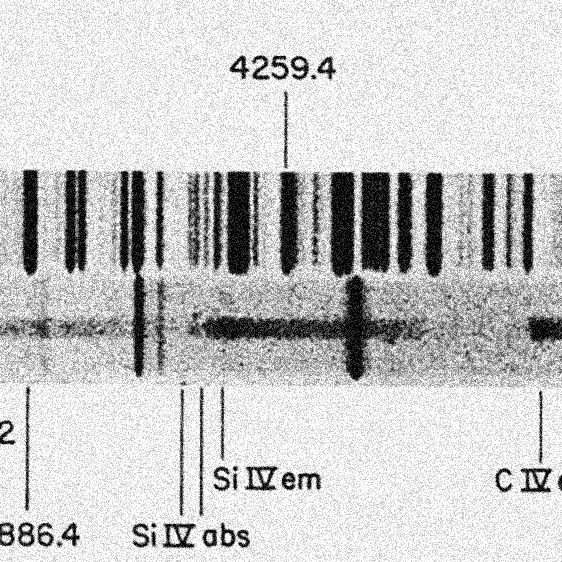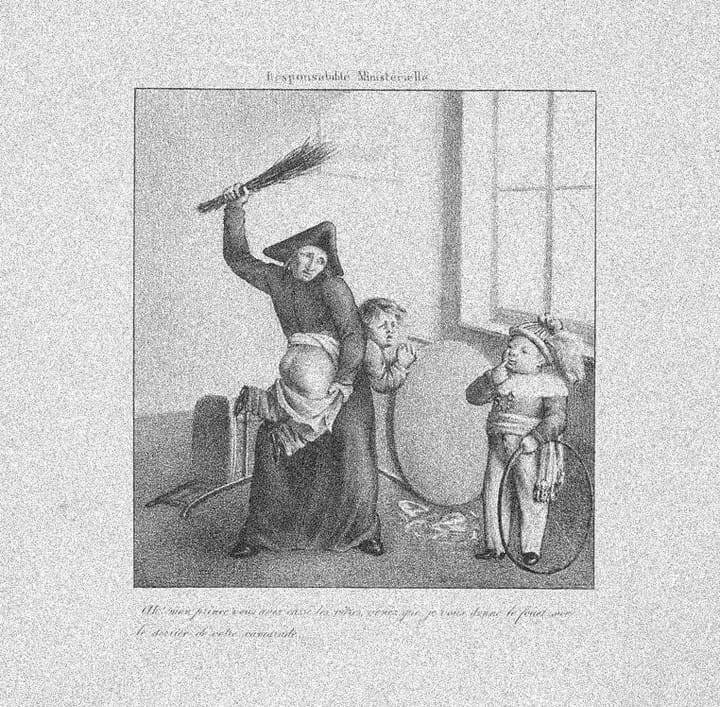On the Need for a Language of Psychopathology (and its Critique)
Bureaucratic pseudo-difference prevents us from engaging in a critique of the language of psychopathology by simply denying that that language is available.

Late capitalist society relentlessly forces a language upon its subjects that prevents things from appearing as wrong, defective, or pathological. Whatever good the term “ableism” has done, it is now at the point in the short history of its use where it weighs down on thinking. “Crazy,” “psychotic,” “autistic,” “insane,” and the like have all become off-limits for anyone under the surveillance of the cultural left. This is not news, of course, but the full extent of its insidiousness has not yet been fully appreciated.
If capitalist society is irrational through and through, then it is impossible for its subjects to avoid the internalization of this irrationality. The attempt to normalize this condition by accepting “different minded-ness” is an unabashed submission to reification. The terminology of psychosis is more broadly applicable today than ever, and yet we are encouraged at every turn not to name unreason for what it is. One cannot participate in anti-capitalist struggle whilst policing oneself and others about the use of the word “crazy”: the two are substantively incompatible. As long as taboos masquerade as respect, critique will be sidelined by industries eager to outrun theory by exposing difference for what it has become: a fertile field for profit-making.
I once heard a therapist describe a patient who had been administered anti-anxiety medication since early childhood. The patient, now in their mid-twenties, reported never having had any sexual feelings. After self-chastising for the “normative” assumption that there might be something pathological about not having a sex drive, the therapist turned to the internet to read about the blossoming new field of asexuality studies.
The anecdote indicates the class element of this style of language-taboo. Members of the professional-managerial class often believe that mastering an ascriptive vocabulary absolves them of the need to understand the historical and social-structural nexuses of the questions with which they deal. And in the process of acquiring that mastery, the questions themselves disappear instead of being understood or solved. There is no problem of objective insanity so long as we don’t use the word “crazy.”
This obscurantism is also rewarded professionally. In an academic world of dwindling job prospects, latching on to a new “inclusive” vocabulary can make one a standout. From the womb of a corrupt pharmaceutical industry is born the field of asexuality, which produces experts in asexuality, who pad their CV with areas of specialization and—if they are lucky—claw their way to a tenure-track position by writing the founding texts of Asexual Studies or securing the editorship of the journal Critical Studies in Asexuality.
What’s worse is that this corrective language prevents us from engaging in a real critique of the language of psychopathology by simply removing that language from availability. Imagine a situation wherein it becomes clear that a person with whom you are engaged in conversation does not share the same reality as you. The non-censored response might be, “this person is batshit crazy.” On first glance, this appears unfair: with a little “self-crit,” it is fairly easy to settle into the bureaucratic decision that the person is just different from you. But underneath this “difference of personalities” conclusion is another, buried one: that one or both of you are insufficiently attuned to basic social reality or else incapable of a rational train of thought. This is, at the very least, a point of departure, an opportunity to investigate the objective conditions of subjective irrationality. By contrast, once pseudo-difference settles in to cover over intuition, critique does not even have a beginning.
This is often an easy problem to see from the outside. Looking at the history of Attention Deficit Hyperactivity Disorder (ADHD) and the practice of its diagnosis and treatment, one might reasonably conclude that ADHD is a medicalization of a very normal teenage resistance to doing rote schoolwork that provides cover to large corporations to peddle amphetamines to youth. To view students with ADHD as occupying a “different learning modality” is to leave unquestioned the profiteering from the medicalization of the everyday.
It is really no different with more normalized phenomena like depression or anxiety. If these are terms that describe the conditions of people with particular brain chemistries who ought to be respected and supported in their difference—if, in other words, there is nothing wrong with being depressed or anxious—then the whole critique of the new “inherently ill” model of medicine that Joseph Dumit describes in Drugs for Life cannot even be lodged. It is of course insufficient to see depressed and anxious people as having something wrong with them. But again, at least this is a starting point—a snap judgment that when properly carried through in its dialectical trajectory will unfold into social critique. There is something wrong with being anxious because a society that causes its subjects to be anxious ought to be transcended.
None of this is to suggest that analysis or critique will always reveal easy answers. In general, the determining influence of capitalist society is radically underappreciated, but its forces are variegated, and we ought to spurn overly simplistic explanations of psychological phenomena. The point is that taking the “different learning modality” model for granted prevents us from even asking the kinds of questions that allow a survey of the problem. It should be expected, of course, that ways of thinking that keep us blinkered should abound in a failing society, but for leftists and academics to enthusiastically adopt language training is to lack even a point of departure for addressing those failures.
■
Antoine Doinel is in it for the family.



